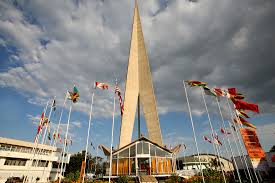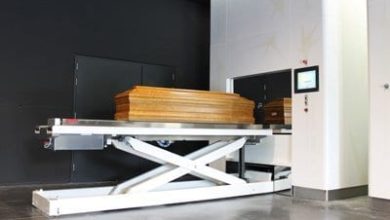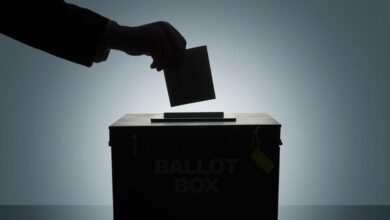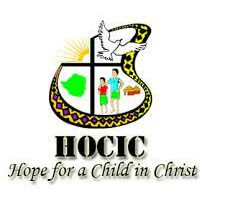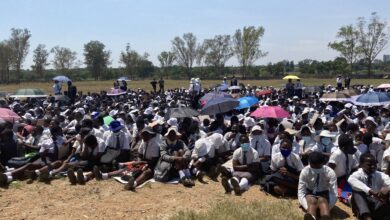Hear to Aid provides life changing hearing aids to Byo children
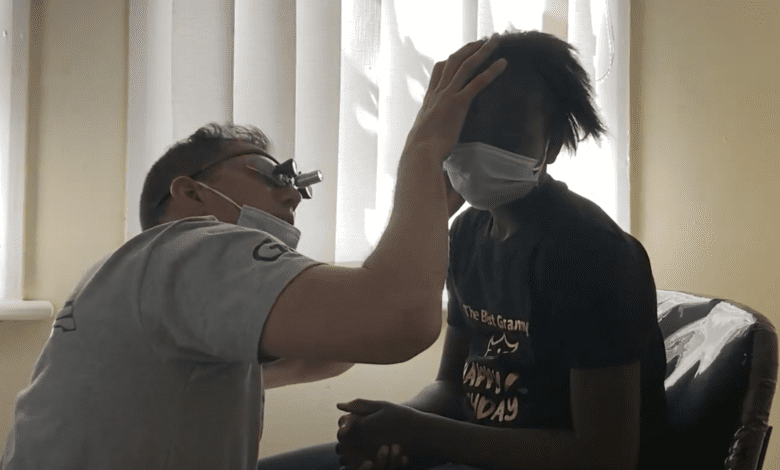
Hundreds of children turned up for a free ear check-up clinic held in Bulawayo this week where those with hearing impairments received free hearing aids and other accessories.
Few families can afford hearing aids as these range from US$500 to US$2 500 apiece.
Targeting children under 18 from low-income families, the pro-bono clinic was conducted by the Hear to Aid Foundation from Harare in collaboration with the Ear Centre in Bulawayo where some families walked away with ear instrumentation worth US$2 000 to $3 000.
In an interview with CITE, Audiologist Dr Jenny Pederson said part of the services they were offering included ear examinations, hearing tests and providing hearing aids to children.
“The clinic was carrying out wax removal, foreign body removal, checking for active infections and doing hearing screening. Hear to Aid is based in Harare but we are in Bulawayo carrying out a free-of-charge clinic in Bulawayo in collaboration with the Ear centre and the local audiologist is Mkhonzeni Sibanda,” she said Monday.
Dr Pederson explained if hearing screenings were normal, children could go but if the screening is abnormal, full diagnostic testing would be done to identify the level of hearing loss and what type of hearing aid would be needed.
“We do impressions or copies of the ear, which we then send to the laboratory in Harare to make custom-made prosthetics for children. These have to be specific to the child once that’s done, they come back Thursday for a fitting,” said Dr Pederson.
Dr Pederson said the turnout was impressive as their goal was to see 100 children.
“Usually in a clinic, an audiologist sees four to six patients, so the fact that we are able to see 15 a day, is quite impressive. We have 10 clinicians on the ground. Six of us are from Harare and the other four are located here (in Bulawayo),” she said.
The youngest patient who had a full diagnostic testing is 16 months, while the oldest is 16 years, said the ear specialist.
“So, we’ve had a full scale in terms of the age group that have come.”
Dr Pederson said out of the 40 children tested on the first day, only six had normal hearing, meaning parents had noticed impairment signs, where children have delayed speech or were not reactive when spoken to.
“This is quite unusual for us because we often get a lot with normal hearing where parents just want to check if things are ok but actually today about 90 percent actually have hearing loss that needs hearing aids for remedying,” said the ear specialist.
“In countries where governments offer hearing aids, they would renew them every four or five years which is the expected timeline of the hearing aid. With children we find the renewal period is sometimes less because they are climbing trees and have other siblings around. We see more repairs and replacements needed, which we make sure can cater for within the programme.”
Testing is not as expensive as receiving the remedy, said Dr Pederson, who noted that the problem was in the cost of the hearing aid.
“A customised audiologically fitted hearing aid will start at $500 a piece going up to $2 500. The devices we are fitting in here are like mid-range. Each family will leave with instrumentation worth $2 000 to $3 000 in value,” she said.
“You see why it’s a big hurdle for anyone. The big partnership that’s important here is providing the hearing aids and we are getting those donated by a Danish manufacturer who make sure we have enough for the children that we see and repair them once they get damaged.”


